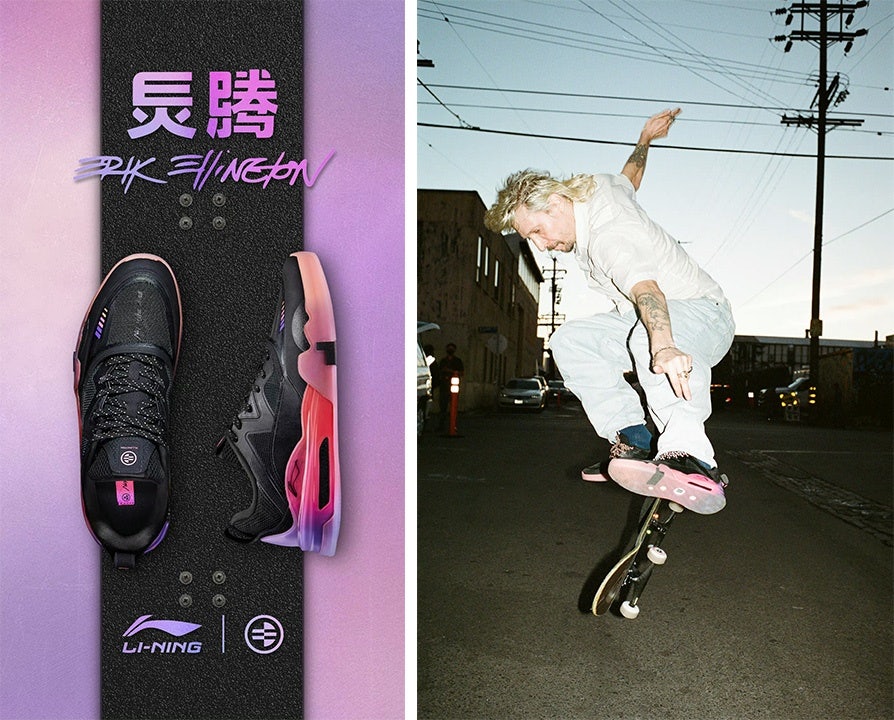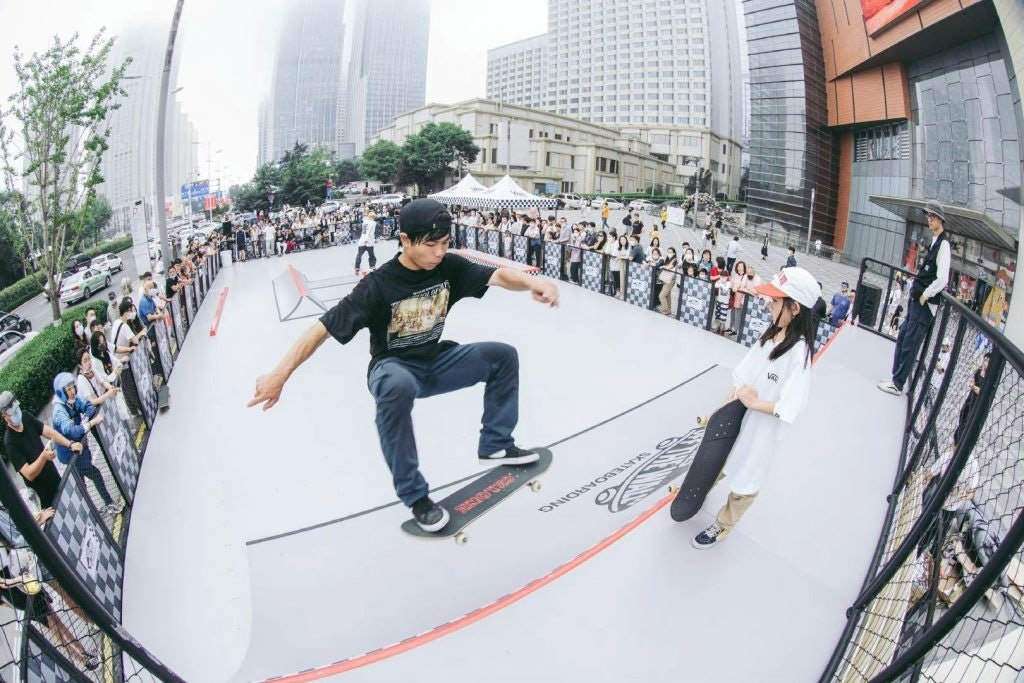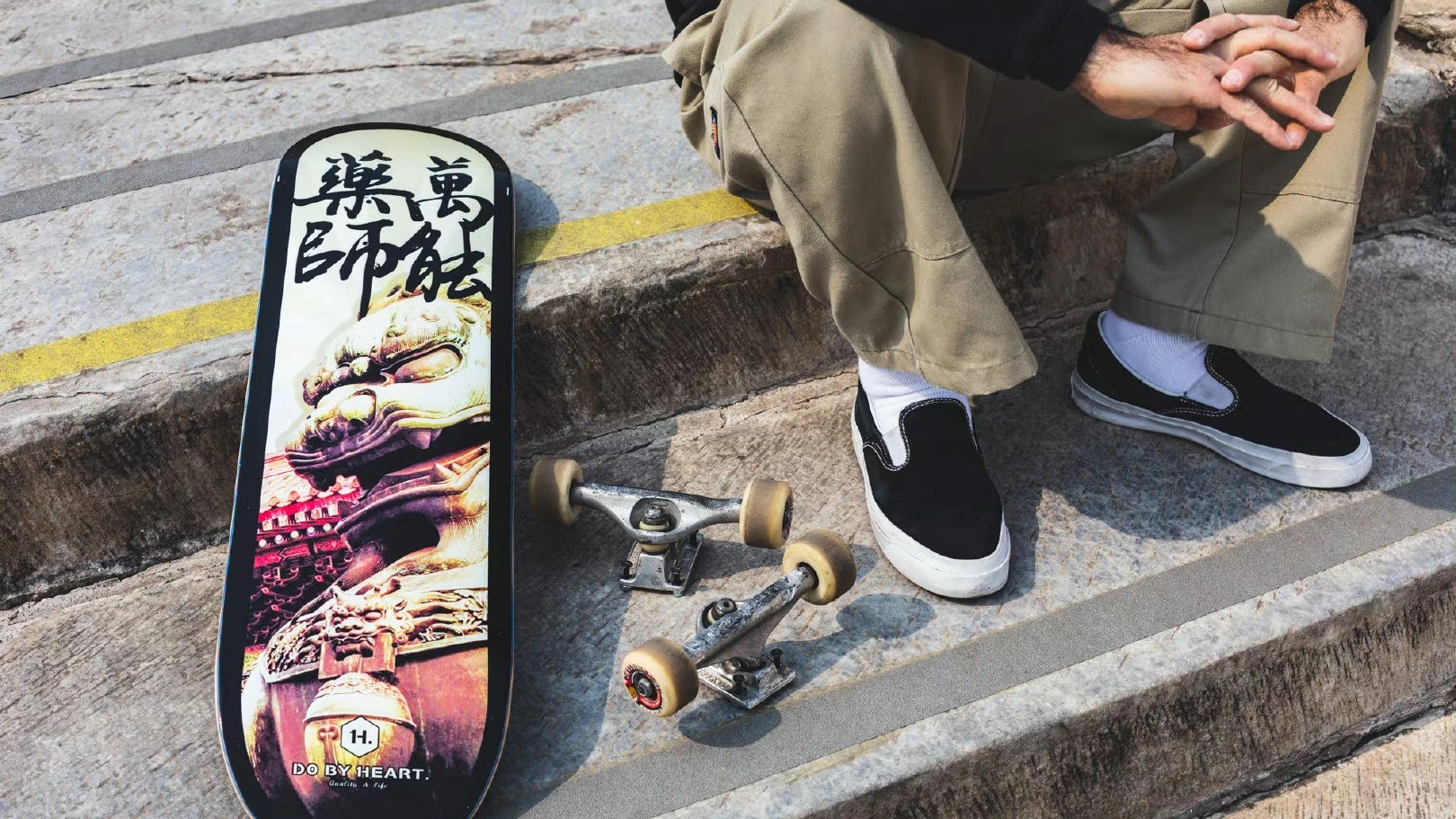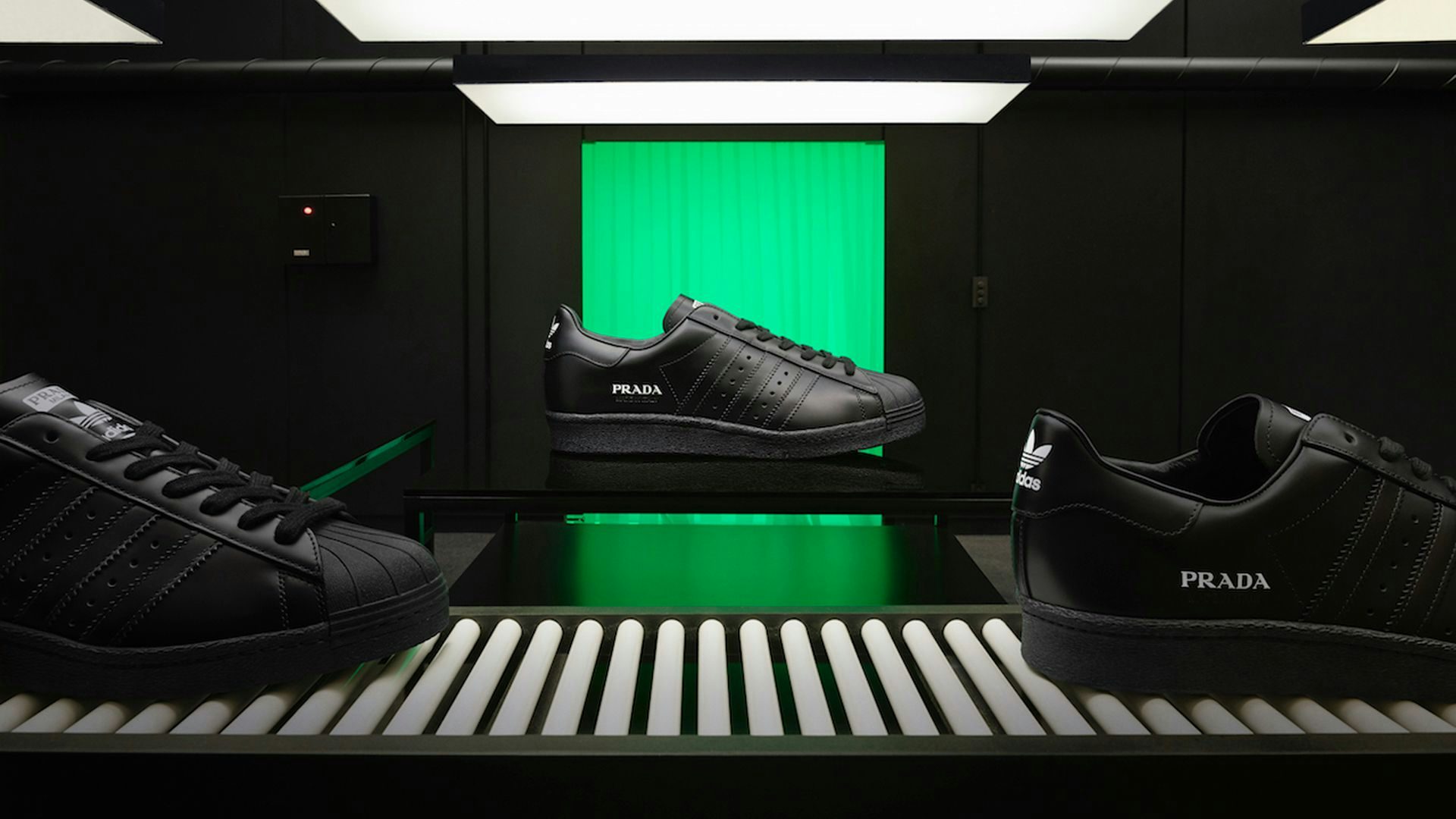Skateboarding — a favorite pastime, lifestyle marker, countercultural wave, and now Olympic-recognized sport — has quickly moved from the outskirts of Chinese consumer consciousness into mainstream acceptance in recent years. According to Tmall, sales of related items jumped 290 percent between May 31 and June 3 for the 618 shopping festival, while local favorite DBH, known for its colorful skateboard decks, saw sales climb 200 percent between 2021 and 2022.
A combination of a sports-centered attitude, increased investment in outdoor lifestyles, and a “all are welcome” mindset, cinched by the “legitimization” of skateboarding as a professional sport in the Tokyo 2021 Olympics, all contribute to skateboarding’s upward boom in popularity.
Counter to the tight-knit and historically closed-off culture in the US (until recently, it was heavily male-dominated), skateboarding in China can be thought of as just another sport like baseball or soccer — as long as you have a skateboard, you can join in on the fun.
Given China’s 1.3 billion population base, this certainly comes as good news for skateboarding brands. Domestic and foreign brands are jockeying to establish their footing in the market. Western brands like Vans, Kappa, and Palace have long recognized and invested in the potential of the Chinese market; the country is Vans’ second-largest market outside of the US. American board brands Carver and Santa Cruz also recently entered the foray this 618 via Tmall Global.
Though foreign brands have certainly found success in the market, domestic Chinese brands are not to be overlooked. In 2021, sportswear giant Li-Ning debuted a skate line led by veteran pro skateboarder Erik Ellington, whose influence and experience in the sport promises the beginning of a fruitful long-term collaboration with the brand. Other regional skateboard companies hoping to expand their consumer base branch out with enticing pop-ups and events, for example with Hong Kong-based 8Five2’s launch – complete with an indoor skate park — at the K11 Musea shopping center last summer. And last month, Tmall Global launched the “Summer Skateboard Program” ahead of the Hangzhou 2022 Asian Games, in addition to collaborations with overseas skateboard groups and street fashion labels.

Of course, skateboarding’s overlap with streetwear can’t be understood without luxury’s inspiration (and arguably appropriation) from both markets in the past few years. From Virgil Abloh’s push of the sport into luxury limelight through Louis Vuitton’s collaboration with renowned skateboarder Lucien Clarke, the luxury market has brought forth a tumult of skateboarding-themed paraphernalia, including monogrammed boards, hyped skateboard brand collaborations, and pro skateboarders spearheading clothing campaigns.
Will the hype last? It’s hard to say. According to Josh Hupper, longtime skateboarder and founder of China-US cult brand Babyghost, it has “definitely been the sport du jour of the past few years.” But with luxury’s cyclical borrowing and recycling of niche cultures every few years, it seems unlikely that, for example, next season’s JW Anderson show will feature another broken-skateboard sweater like the one seen in Spring 2023.
More importantly, the fact remains that there is space – and consumer interest – in all forms of skateboard participation. From Hupper’s experience (skateboarding in Shanghai for over 10 years), the demographic has definitively expanded from the tight-knit community that’s always existed to young families enjoying the sport together or kids with professional aspirations. That includes diversity in skateboard types as well — longboards, penny boards, and recent interest in surfskating and electric skateboards. Hupper explains that, “It’s not uncommon that all these groups mix together…[these cultures] coexist, especially in China.”

Whether you are drawn to skateboarding as a way of life, countercultural community, fun activity to do with loved ones, or even as a source for prized art collector pieces, Li-Ning’s line with Erik Ellington and Chinese skateboard brand Avenueamp;Son’s Shanghai flagship store launch earlier this year featuring a public skatepark are evidence that brands are heavily investing in the sport, the culture, and of course, the consumer.
Plus, with Shanghai widely regarded as a skateboarding mecca, lifting pandemic and travel restrictions likely means an influx of pro skateboarders and brands into the city in the near future — meaning both domestic and foreign brands will be competing for spots in the race for China’s booming skateboarding market.

